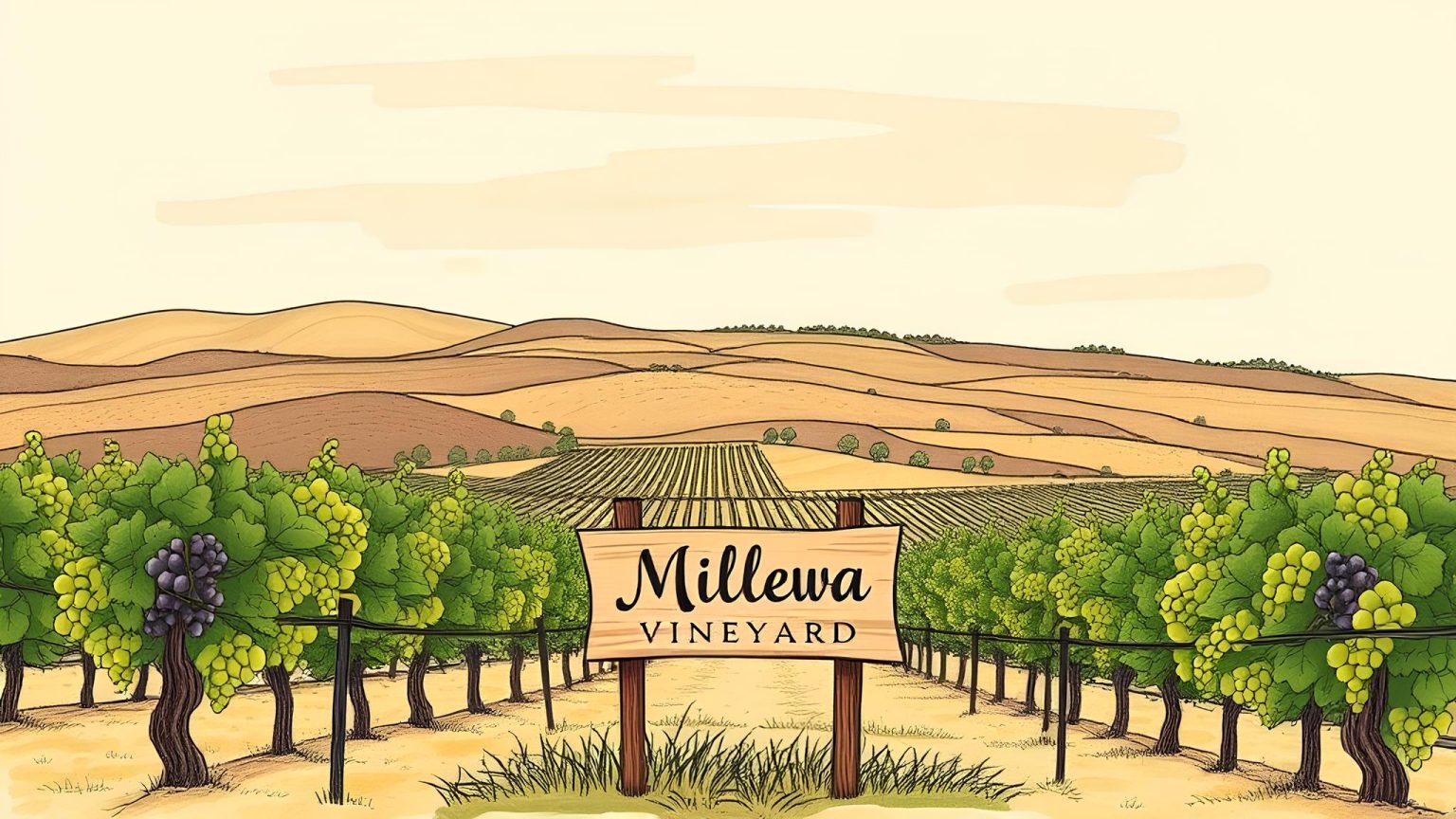Australian Vintage (AVL), maker of McGuigan and Tempus Two, has terminated its Millewa Vineyard lease in Victoria’s Murray Darling region three years early, effective July 16, 2025, to address Australia’s red grape oversupply. The move, part of AVL’s strategy to reduce inventory and boost financial flexibility, is expected to save AUD 8 million in net cash flow, despite a AUD 2 million exit fee.
The Millewa Vineyard, owned by Fresh Country Farms, yields 10,000–12,000 tons of mostly red grapes annually. The early exit, originally slated for 2028, gives AVL flexibility to source grapes that align better with shifting market demand. This follows earlier steps, including ending the Balranald vineyard lease and selling a South Australian vineyard in 2024. AVL’s 2025 financial outlook projects a cash outflow of AUD 13 million, a significant improvement from prior years, reflecting progress in cost management despite a 7.4% revenue drop to AUD 126.1 million in the first half of 2024/25.
Subscribe to our newsletter
Australia’s wine industry faces a chronic red grape surplus, driving down prices and straining producers. AVL’s proactive lease termination aligns with efforts to streamline its supply chain and focus on consumer trends. The company is also diversifying through initiatives like Poco Vino, which cuts costs by producing wine closer to key markets, and its May 2025 acquisition of MadFish’s global rights, adding lighter varieties to its red-heavy portfolio. These moves support AVL’s goal of achieving AUD 20 million in free cash flow by 2027.
The decision reflects broader industry challenges, particularly in regions like Murray Darling, where red grape demand remains weak. While the exit fee poses short-term costs, AVL’s focus on flexible sourcing and innovation positions it to navigate market pressures. Under new CEO Tom Dusseldorp, appointed in April 2025, AVL is prioritizing cost discipline and strategic investments to drive sustainable growth. As the global wine market evolves, AVL’s approach may serve as a blueprint for other producers balancing cost control with the need to stay agile in a shifting global market.


